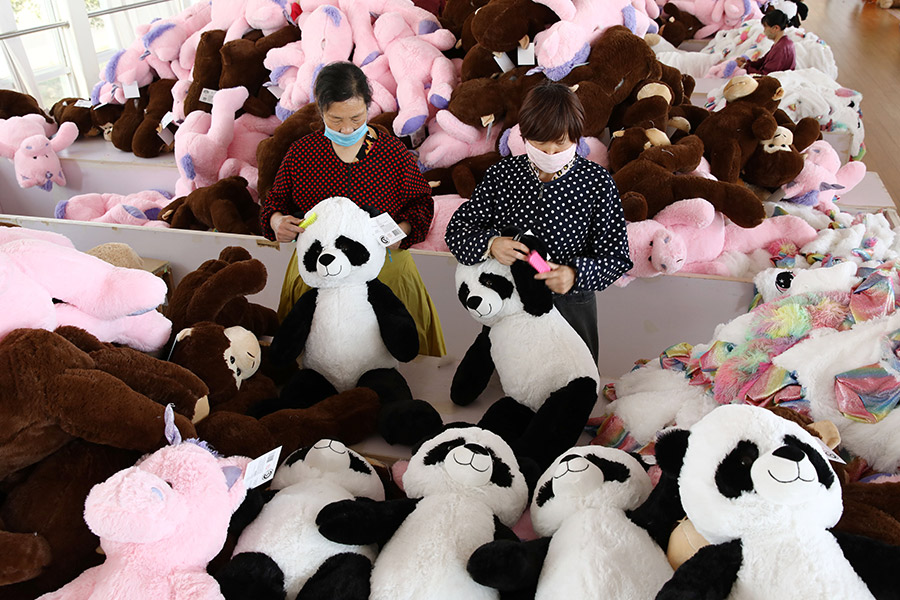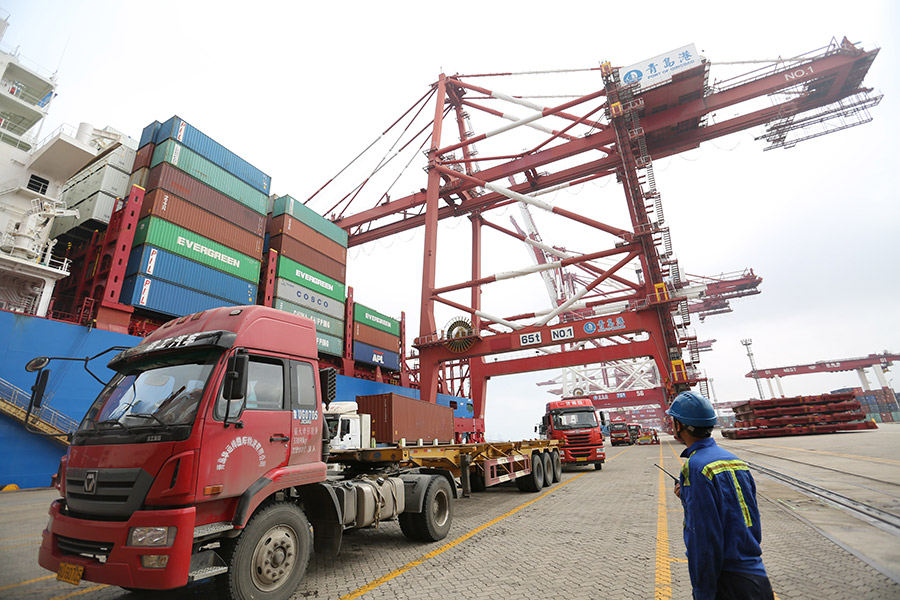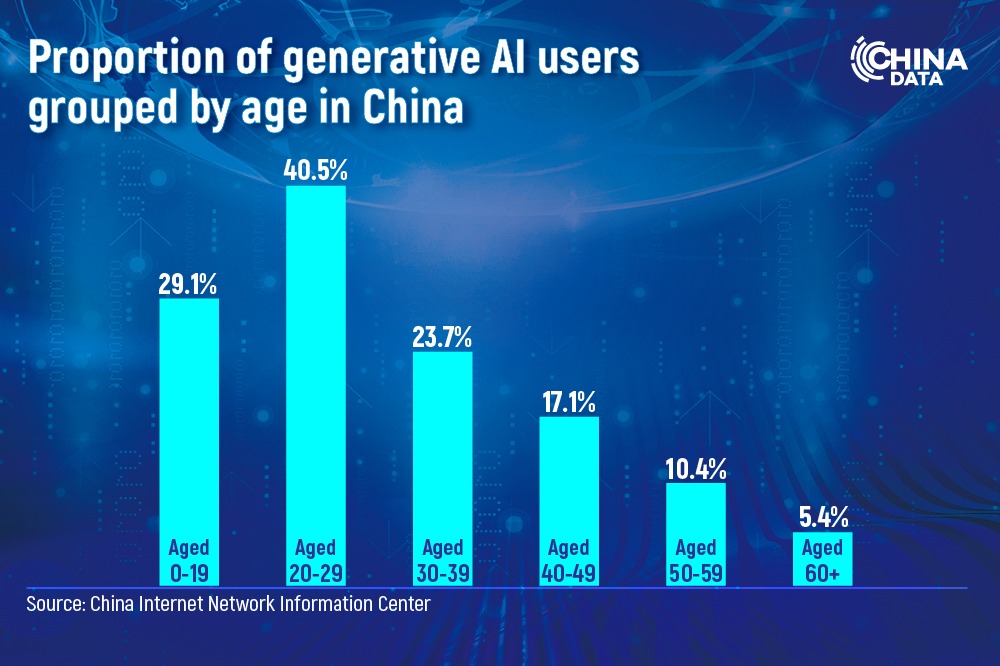Driving the world economy forward


China will continue to be a significant driver of the global economy and support World Trade Organization principles firmly, business leaders said.
"The benefits of a multilateral trading system far outweigh the harm brought about by trade frictions. It is practical for everyone if there's a set of rules everyone recognizes," said Yu Jianlong, secretary-general of the China Chamber of International Commerce. "Despite all the disputes and fights, being together is better than splitting up."
Stephen Perry, chairman of 48 Group Club, a British organization composed of company leaders devoted to promoting Sino-British trade, said China not only contributes to world growth but also benefits less-developed nations.
Perry said China is the world's largest trading nation, and contributes more to world growth than any other country by a huge margin.
"China has helped Asian and African nations develop their trade, so these economies registered robust growth," he said.

Since joining the WTO in 2001, China has been tested by various challenges. World trade weathered many ups and downs in the following years, the biggest of which was the 2008 financial crisis.
Recalling the worst global crisis in decades, Perry said Western governments have responded with "inward thinking and bullying" on trade issues, while China has offered a different solution.
The country has been ramping up efforts to support WTO principles. It has promoted investment, e-commerce and other new issues in the common interest of WTO members, and helped other developing nations, especially the least developed ones, to better integrate into the multilateral trading system.
China has fully participated in the Doha Round negotiations and promoted trade liberalization, as well as mobilizing support for discussing new issues at the WTO and faithfully implementing the Trade Facilitation Agreement, according to the white paper China and the World Trade Organization released in late June.
The country has ensured the dispute settlement mechanism under the WTO framework. Despite the United States' attempts to obstruct the appointment of members of the Appellate Body, China, together with 60 other members, submitted a proposal to start the selection process at the earliest possible date.
Long Guoqiang, vice-president of the Development Research Center of the State Council, said: "It is always easy for politicians in some countries to blame others for their domestic problems, for example accusing them of causing job losses. In fact, the problem lies in their flawed domestic policies, which fail to take care of the interest groups."
According to the WTO, China's weighted average import tariff rate had fallen to 4.4 percent in 2015, only 1.5 to 2 percentage points higher than those of developed economies such as the United States and European Union. By the end of 2017, China had reduced tariffs on more than 900 tariff lines.
In terms of developing service trade, China had fulfilled its WTO commitments to open up 100 service sub-sectors by 2007. The country then took voluntary actions to open up almost 120 sub-sectors to date.
The additional sub-sectors include research and development, mining, telecommunication, education, insurance, securities, banking and air transportation. Some are even more open than in some developed countries, according to the Ministry of Commerce.
- China has played by all the WTO rules
- China increasingly attractive to investors as business environment improves
- Britain willing to work with China to protect free trade, multilateralism, says British diplomat
- At trade show, sourcing concerns prominent
- Chinese official comments on US challenge to China's countermeasures




































